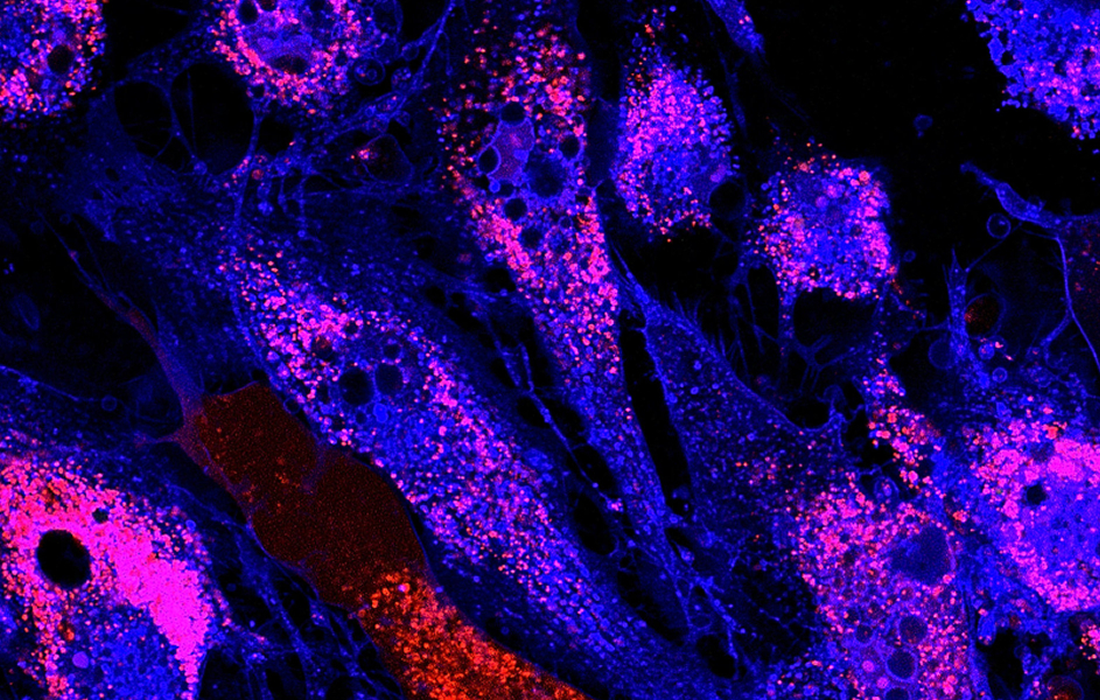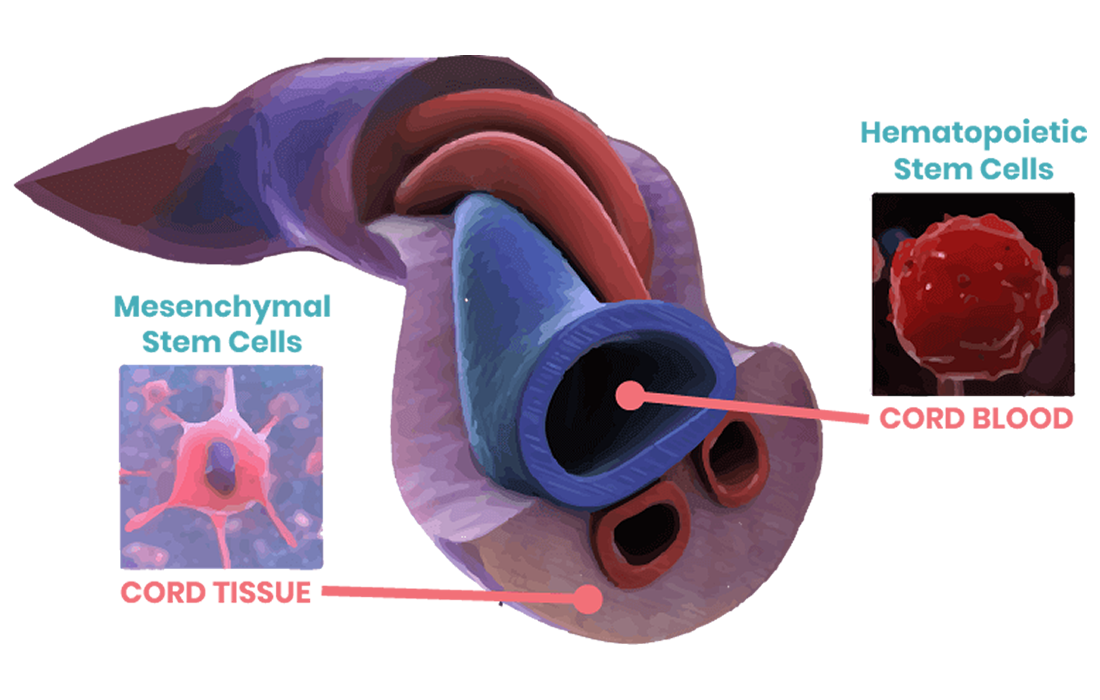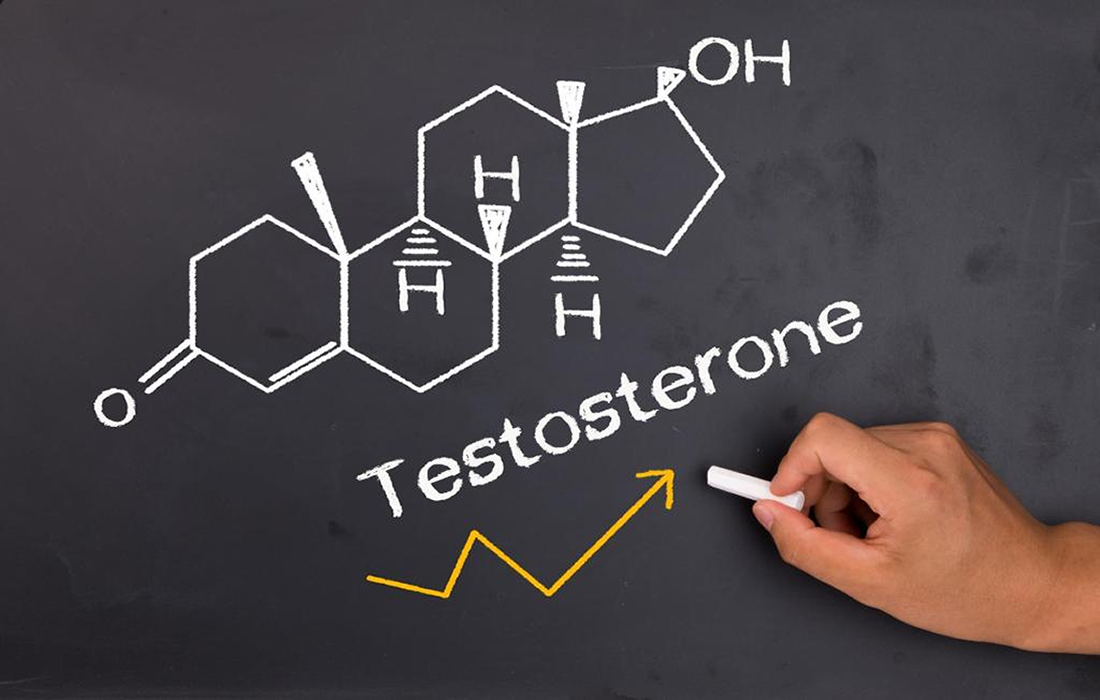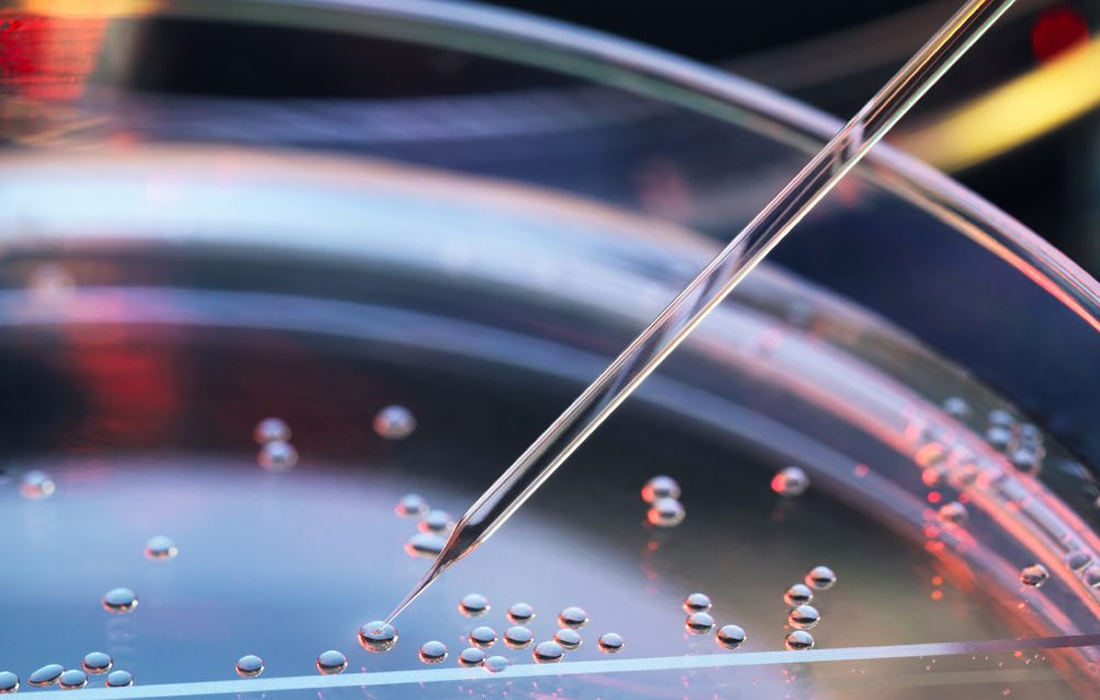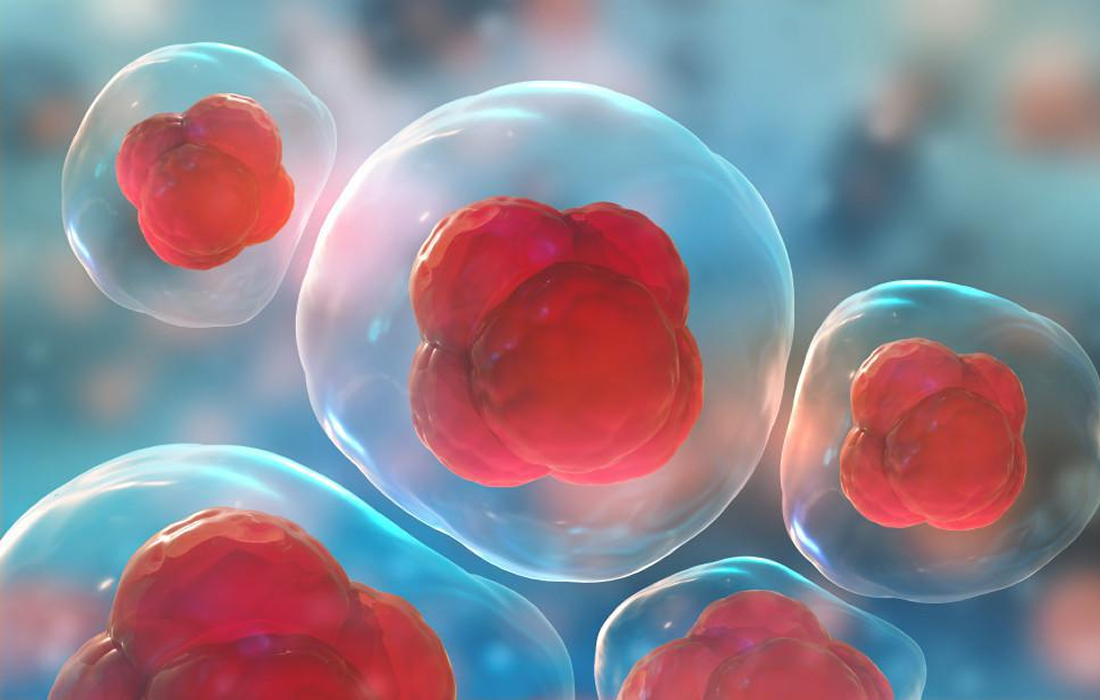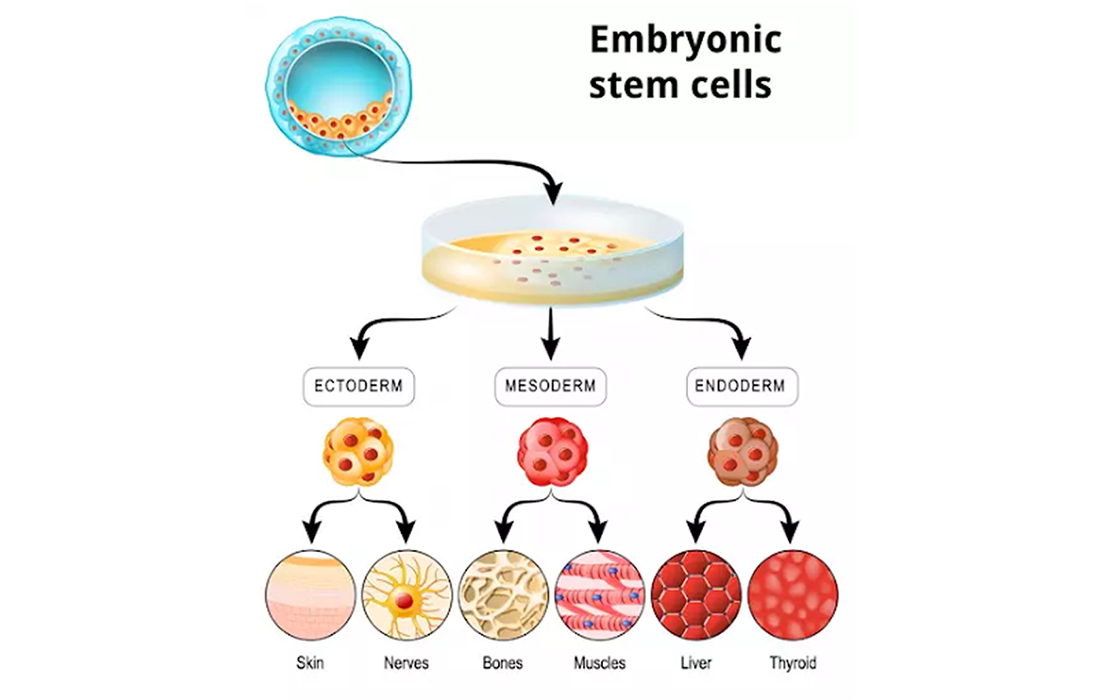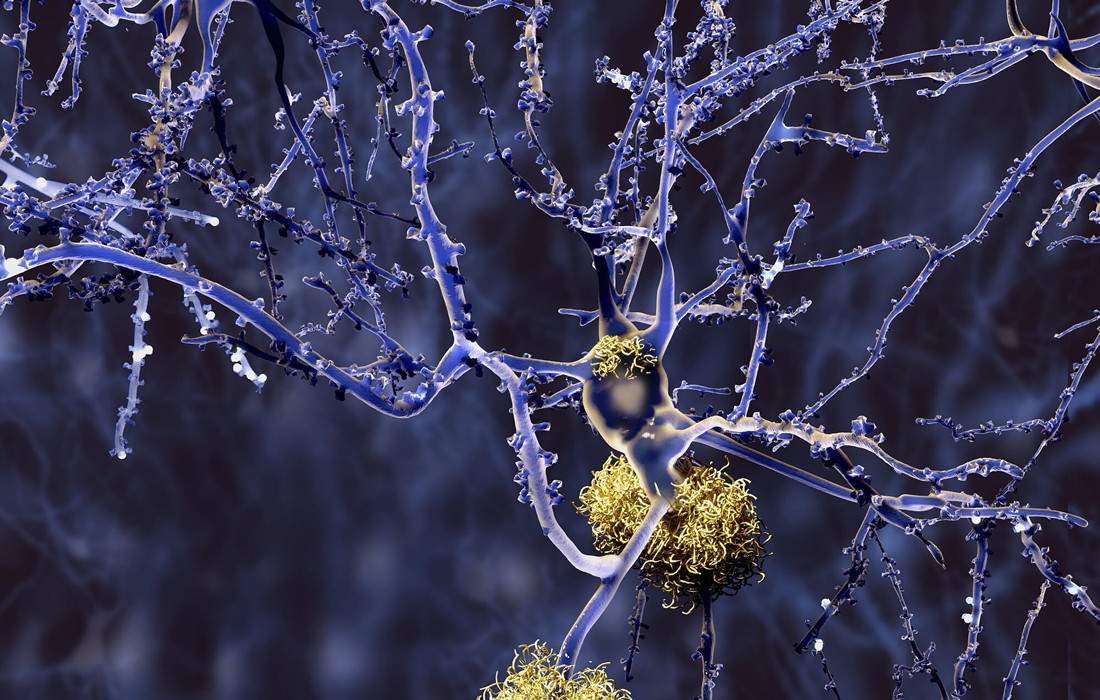The current classification of MSCs was set by the International Society of Cellular Therapy (ISCT) in the position paper by Dominici et al. This listed the three minimal criteria that must be met to define cells as MSCs: plastic adherence, tri-lineage differentiation potential (osteogenic, chondrogenic and adipogenic). In addition to the minimal criteria, MSCs have […]
Category Archives: Regenerative Medicine News and General Information
Multiple Sclerosis (MS) is a chronic inflammatory, autoimmune and neurodegenerative disease of the central nervous system (CNS). MS affects approximately 2.5 million people worldwide. High prevalence of MS is seen in northern parts of Europe and North America. Nearly 1 million are living with MS in the United States, according to a study funded by […]
The umbilical cord is a noncontroversial source of mesenchymal stem cells. Mesenchymal cells are found in several tissue compartments of the umbilical cord, placenta and decidua. Umbilical cord mesenchymal stem cells derived from Wharton’s jelly (UCMSCs) have shown to have therapeutic potential, possibly as a substitute cell for bone marrow-derived mesenchymal stem cells for cellular […]
Hormones are your body’s chemical messengers. They travel in your bloodstream to tissues or organs. They work slowly, over time, and affect many different processes, including: Growth and development. Metabolism – how your body gets energy from the foods you eat. Sexual function. Reproduction. Mood. Endocrine glands, which are special groups of cells, make hormones. […]
Bioidentical hormones are defined as man-made hormones that are very similar to the hormones produced by the human body. These are then used as treatment for men and women whose own hormones are low or out of balance. What are bioidentical hormones? Hormones are special chemicals made by parts of the body called glands. They […]
Human beings sleep for approximately one-third of their lifetime, but the endogenous mechanisms underlying sleep and its role in homeostasis remain to be fully elucidated. Sleep is important for plenty of reasons. Sleep impacts our hormones and hormone levels impact our sleep. Both too much and not enough time under the covers can influence hormones. […]
Stem cells are undifferentiated cells that are present in the embryonic, fetal, and adult stages of life and give rise to differentiated cells that are the building blocks of tissue and organs. In the postnatal and adult stages of life, tissue-specific stem cells are found in differentiated organs and are key in repairing any type […]
The US Food and Drug Administration (FDA) has authority to regulate regenerative medicine products, including stem cell products and exosome products. A common question that we hear is, “are stem cell treatments approved by the FDA?” The answer is that there are some treatments that are fully approved, but many are still being studied and […]
Stem cells are the body’s raw materials, cells from which all other cells with specialized functions are generated. Under the right conditions in the body or a laboratory, stem cells divide to form more cells called daughter cells. These daughter cells either become new stem cells (self-renewal) or become specialized cells (differentiation) with a more […]
Regular physical activity has a wide range of health benefits. These include a reduced risk of cardiovascular disease, type 2 diabetes, various mental health conditions, and dementia. Studies show that people who are physically active are less likely to experience a decline in their mental function and have a lowered risk of developing Alzheimer’s disease. […]

